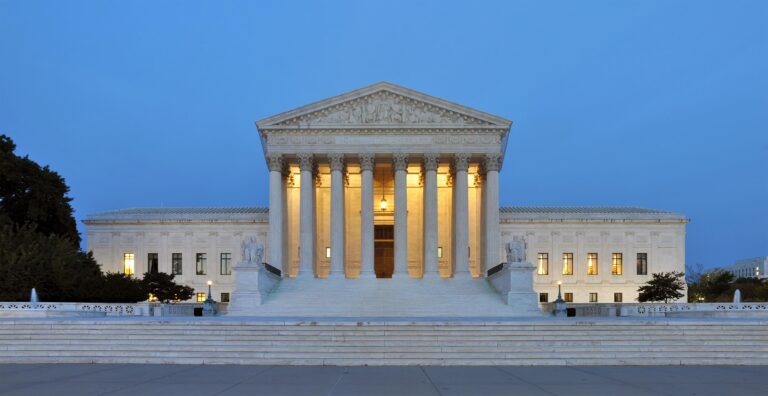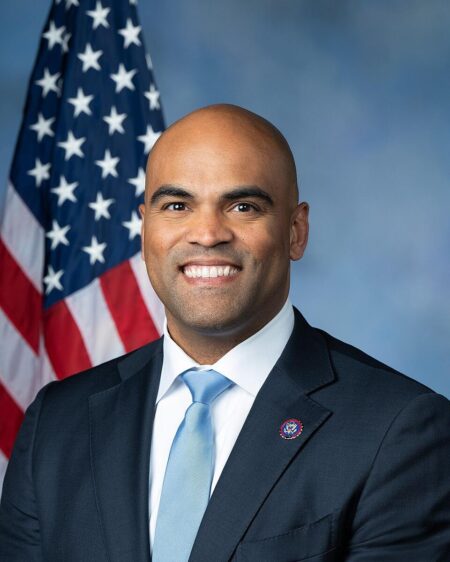Supreme Court to Review San Antonio’s $2 Million Court Fee Controversy
The United States Supreme Court has agreed to examine a pivotal case involving the City of San Antonio’s responsibility for a $2 million court fee. This dispute arises from a lawsuit initiated by former city employees, raising critical questions about whether municipal governments should be held financially accountable for court-related expenses stemming from litigation. San Antonio argues that imposing such a hefty fee on the city unfairly shifts the financial burden onto taxpayers and conflicts with existing local government finance laws. Conversely, the plaintiffs maintain that these fees represent legitimate judicial costs necessary to uphold accountability and discourage baseless lawsuits.
Central questions before the Court include:
- How state statutes define municipal liability for court fees
- The impact of such financial obligations on city budgets and taxpayers
- Potential legal precedents influencing other municipalities facing similar fee disputes
| Party | Position | Legal Foundation |
|---|---|---|
| City of San Antonio | Contests responsibility for court fees | Local government finance regulations |
| Former Employees (Plaintiffs) | Assert fees are rightful court costs | State judicial cost statutes |
Municipal Liability and Financial Responsibility at the Core of the Debate
San Antonio’s legal team argues that the $2 million court fee imposes an undue financial penalty on the city for actions taken in its official capacity. They emphasize that municipalities should be shielded from excessive financial exposure to prevent jeopardizing essential public services. The city’s counsel warns that accepting such liability could set a precedent that strains municipal budgets and diverts funds from critical community programs.
On the other hand, the plaintiffs advocate for robust financial accountability, contending that imposing court fees on municipalities is necessary to deter misconduct and uphold justice. During oral arguments, the Court examined several pivotal issues, including:
- Limits of municipal immunity in civil litigation contexts
- Consequences for taxpayer-funded budgets when facing large judgments
- Balancing municipal autonomy with public accountability demands
| Issue | City’s Argument | Plaintiffs’ Argument |
|---|---|---|
| Exposure to Liability | Should be limited to protect finances | Must ensure full accountability |
| Financial Impact | Diverts funds from vital services | Encourages responsible governance |
| Legal Precedent | Could broaden future claims | Promotes transparency and justice |
Budgetary Challenges and Taxpayer Transparency in Focus
This high-profile case highlights the financial strain that unexpected legal fees can place on municipal budgets, which are often already stretched thin. City leaders must navigate the delicate balance between fiscal prudence and maintaining essential public services. The Supreme Court’s ruling could redefine how municipalities nationwide approach and disclose legal expenses, potentially prompting reforms in budget management and public accountability.
Key concerns for city budgets and taxpayer oversight include:
- Maximizing efficient use of taxpayer dollars with stringent oversight
- Assessing financial risks associated with prolonged litigation and settlements
- Reevaluating budget priorities to safeguard critical public programs during costly legal battles
- Improving transparency through enhanced public reporting on municipal expenditures
| Challenge | Potential Consequence | Municipal Response |
|---|---|---|
| Rising Legal Expenses | Budgetary pressure and reprioritization | Establishing emergency financial reserves |
| Heightened Taxpayer Scrutiny | Demand for greater transparency | Implementing detailed audits and reporting |
| Risk to Public Services | Potential reductions in community programs | Conducting strategic budget reviews |
Legal Experts Call for Reform to Curb Soaring Court Expenses
Legal professionals analyzing the San Antonio case emphasize the urgent need for clearer, more consistent financial guidelines in judicial proceedings to prevent excessive court costs. They argue that without standardized protocols, taxpayers and local governments risk bearing disproportionate financial burdens. Suggested reforms include:
- Mandatory early disclosure of anticipated legal costs
- Imposition of spending caps on non-essential trial expenses
- Stronger judicial oversight to minimize delays and redundant hearings
- Regular cost accountability reporting for all parties involved
Implementing these measures could strike a better balance between ensuring fair trials and maintaining fiscal discipline. The Supreme Court’s review of San Antonio’s multi-million-dollar legal fees may serve as a catalyst for nationwide reforms aimed at making justice more affordable and accessible.
| Proposed Reform | Expected Benefit |
|---|---|
| Early Cost Disclosure | Enhances budgeting transparency |
| Trial Expense Caps | Prevents runaway legal spending |
| Judicial Oversight | Reduces unnecessary delays |
| Cost Accountability Reports | Promotes financial responsibility |
Looking Ahead: The Broader Impact of the Supreme Court’s Decision
As the Supreme Court prepares to issue its ruling on San Antonio’s challenge to the $2 million court fee, stakeholders across the country are closely monitoring the case. The verdict, anticipated within the next few months, could redefine municipal liability standards and influence how courts nationwide handle similar disputes. Beyond the immediate financial implications for San Antonio, this case highlights the intricate relationship between legal accountability, municipal governance, and public fiscal stewardship in the United States.




